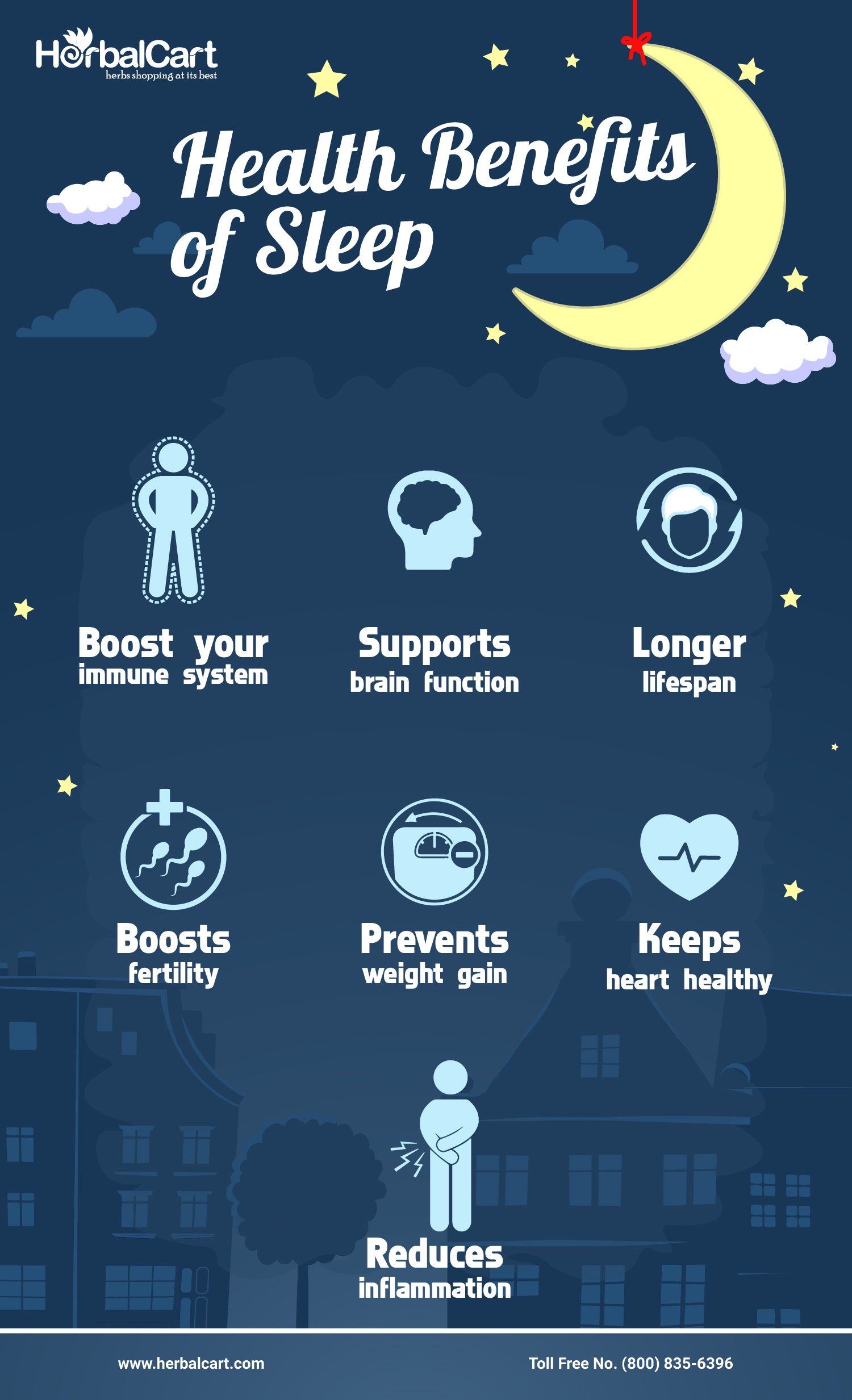The Benefits of Sleeping: Unlocking the Power of Quality Rest
Sleep is an essential aspect of our lives, allowing our bodies and minds to recharge and rejuvenate. In this article, we will explore the numerous benefits of sleeping and how it contributes to our overall well-being.
Enhanced Cognitive Function
Quality sleep plays a crucial role in maintaining optimal cognitive function. When we sleep, our brains consolidate and process information, aiding in memory retention and learning. Research has shown that a good night’s sleep can improve problem-solving abilities, creativity, and concentration levels.
Improved Physical Health
Getting enough sleep is not only beneficial for our mental well-being but also for our physical health. During sleep, our bodies repair and regenerate tissues, boosting our immune system and promoting healing. Adequate sleep has been linked to a reduced risk of chronic conditions such as heart disease, diabetes, and obesity.
Emotional Well-being
Proper sleep is closely linked to emotional well-being. When we are sleep-deprived, we may experience mood swings, irritability, and difficulty managing stress. On the other hand, sufficient sleep helps regulate our emotions, enhances our ability to cope with challenges, and promotes a positive outlook on life.
Enhanced Athletic Performance
Adequate sleep is essential for athletes and individuals engaged in physical activities. During sleep, our bodies repair muscle tissue, replenish energy stores, and release growth hormones. This contributes to improved athletic performance, faster muscle recovery, and increased stamina.
Weight Management
Believe it or not, sleep can also impact our weight. Lack of sleep disrupts the balance of hormones that regulate hunger and appetite, leading to increased cravings for unhealthy foods and a higher risk of obesity. By prioritizing quality sleep, we can support our weight management efforts and maintain a healthy body mass index.
Reduced Risk of Mental Health Disorders
Sleep deprivation has been linked to an increased risk of mental health disorders, including depression, anxiety, and bipolar disorder. By ensuring we get enough sleep, we can promote better mental health and emotional stability.
Optimal Productivity and Performance
When we are well-rested, our productivity and performance levels soar. Quality sleep improves our ability to focus, make decisions, and solve problems efficiently. By prioritizing sleep, we can maximize our productivity and achieve better results in our personal and professional lives.
Creating a Sleep-Friendly Environment
Now that we understand the importance of sleep, it’s crucial to create a sleep-friendly environment. Here are a few tips:
Ensure your bedroom is dark, quiet, and at a comfortable temperature.
Avoid electronic devices before bedtime, as the blue light can disrupt sleep patterns.
Establish a consistent sleep schedule, aiming for 7-9 hours of sleep per night.
Engage in relaxing activities before bed, such as reading or taking a warm bath.
Limit caffeine and alcohol intake, as they can interfere with sleep quality.

By incorporating these strategies into our daily routines, we can optimize our sleep and reap the countless benefits it offers. Remember, quality sleep is an investment in our overall well-being and should be prioritized alongside exercise and a balanced diet.
Frequently Asked Questions about the Benefits of Sleeping
Q1: Why is sleep important?
A1: Sleep is crucial for overall health and well-being. It helps restore and rejuvenate the body, supports brain function, and strengthens the immune system.
Q2: How much sleep do I need?
A2: The recommended amount of sleep varies by age. Adults generally need 7-9 hours, teenagers need 8-10 hours, and younger children need 9-12 hours of sleep per night.
Q3: What are the benefits of a good night’s sleep?
A3: Quality sleep improves memory and cognitive function, enhances mood and emotional well-being, increases productivity, and promotes physical health.
Q4: Can lack of sleep affect my mental health?
A4: Yes, chronic sleep deprivation can lead to mental health issues such as depression, anxiety, and difficulty concentrating. It is important to prioritize sufficient sleep for optimal mental well-being.
Q5: How does sleep impact physical health?
A5: Sleep plays a vital role in maintaining a healthy immune system, regulating hormones, supporting cardiovascular health, and promoting proper growth and development.
Q6: Does sleep affect weight and appetite?
A6: Yes, inadequate sleep can disrupt hunger hormones, leading to increased appetite and cravings for unhealthy foods. It can also contribute to weight gain and obesity.
Q7: Can sleep improve athletic performance?
A7: Absolutely! Sufficient sleep enhances athletic performance by improving reaction time, coordination, and muscle recovery. It also boosts energy levels and reduces the risk of injuries.
Q8: How does sleep affect productivity?
A8: Getting enough sleep improves focus, concentration, problem-solving abilities, and creativity. It enhances cognitive function, allowing for better productivity and performance in daily tasks.
Q9: Can sleep help reduce stress?
A9: Yes, quality sleep reduces stress levels by regulating stress hormones and promoting relaxation. It helps the body and mind recover from daily stressors, leading to improved overall well-being.
Q10: What are some tips for getting better sleep?
A10: Establish a consistent sleep schedule, create a relaxing bedtime routine, ensure a comfortable sleep environment, limit exposure to screens before bed, and avoid caffeine and heavy meals close to bedtime.




